Restoring a lifeline
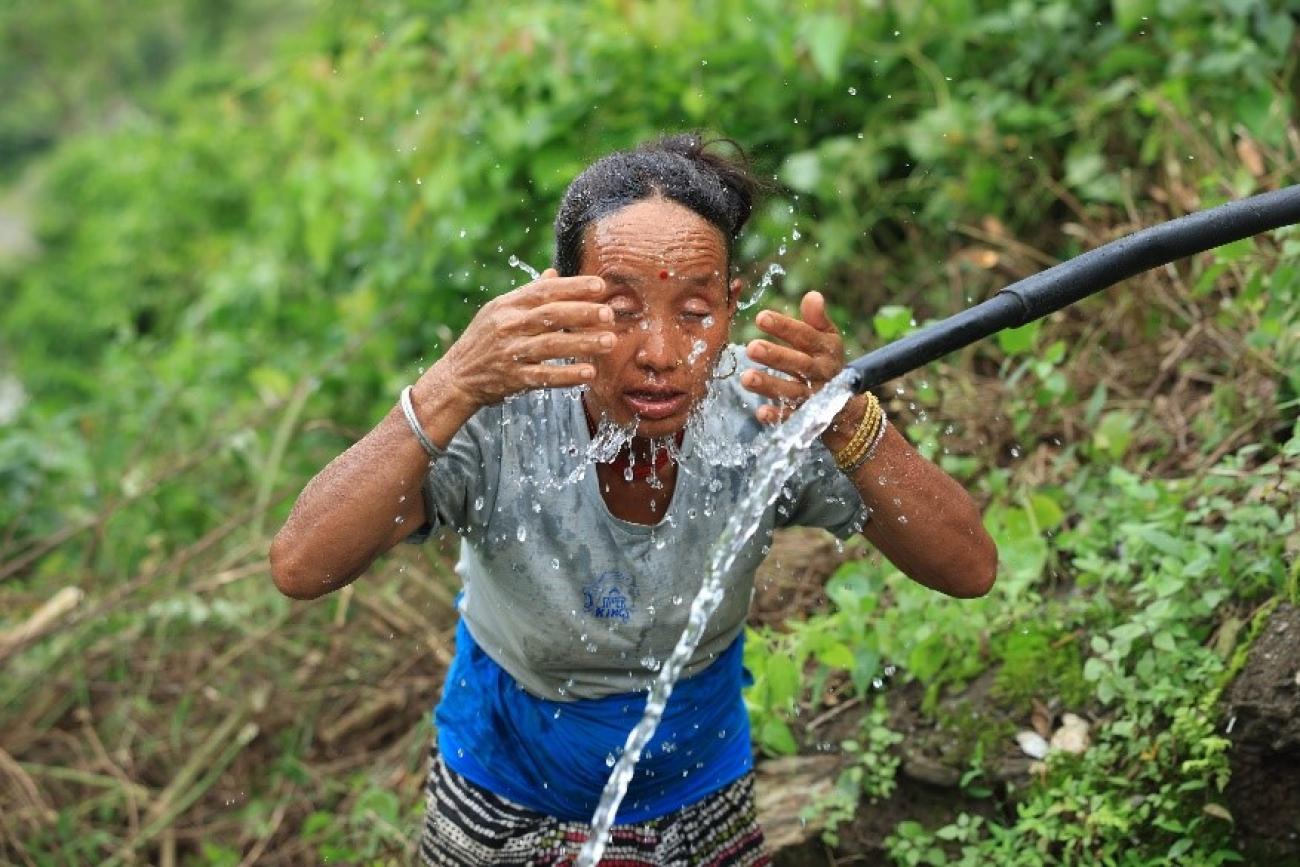
In western Nepal, a community looks forward to emerging from a severe water crisis in the wake of the 2023 earthquake
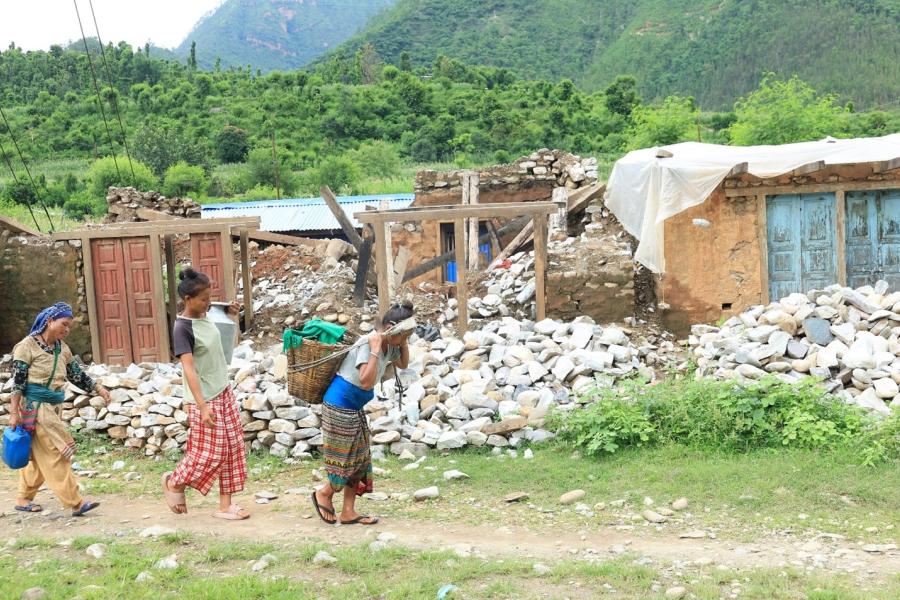
Jajarkot Nepal: Before the earthquake that hit western Nepal in November 2023, residents of the village of Tallo Rimna in Bheri Municipality in Jajarkot District relied entirely on the Budbude Water Supply Project. This provided a steady source of clean water not just for the community but also for the local Shree Bheri Triveni Secondary School.
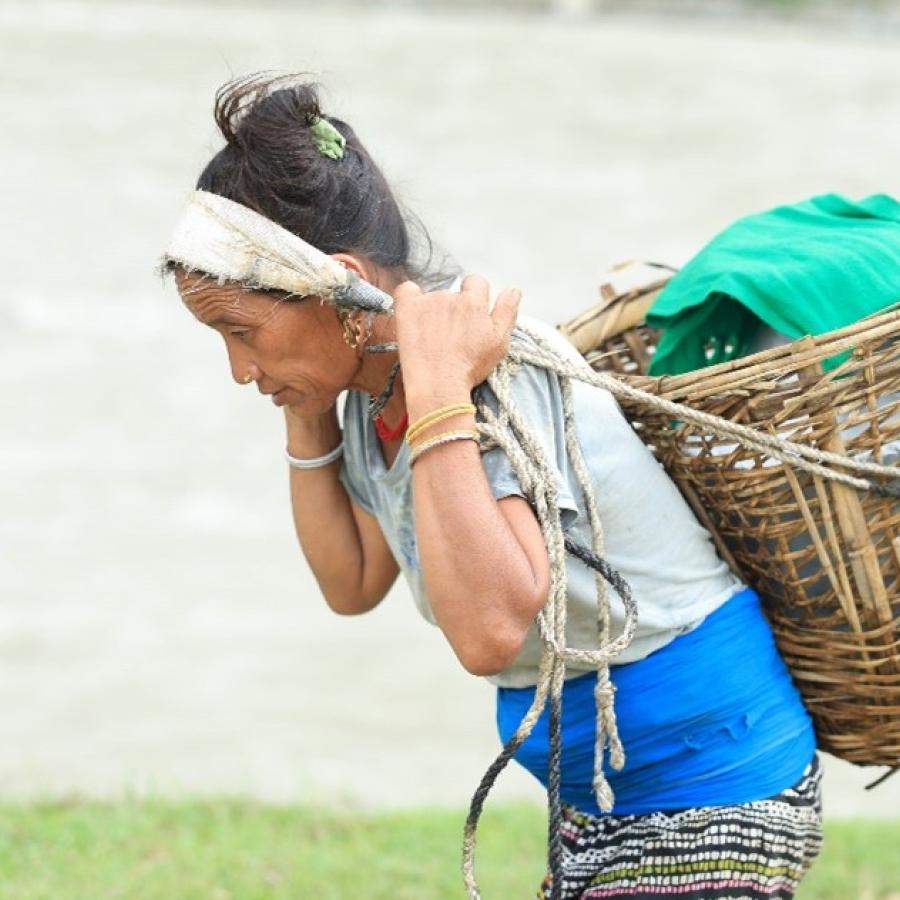
However, when the earthquake wiped out the Budbude spring, residents were left grappling with a severe water crisis and forced to find alternatives. Other water sources were too far away. Fetching water involved a difficult one-to-two-hour round trip, causing delays for schoolchildren and safety risks, especially at night. Women, who typically shouldered the water collection, faced increased dangers and had less time for other tasks, impacting their families' economic stability.
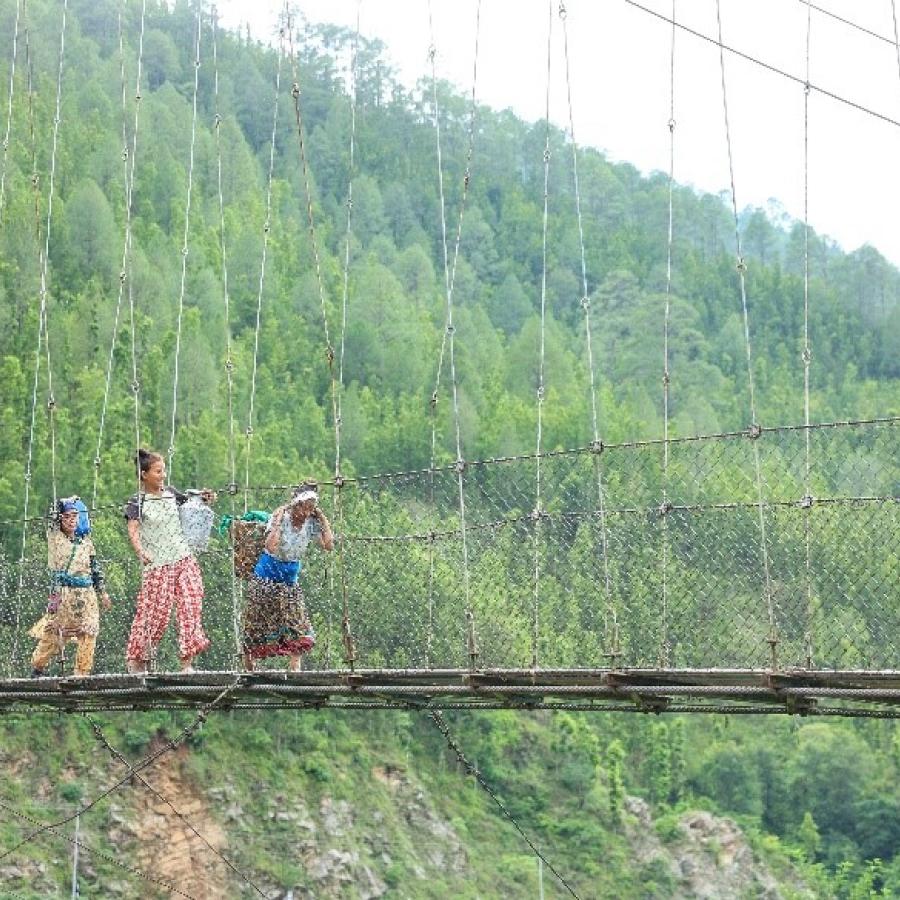
Furthermore, the community faced additional hardships when using water sources shared with another community. “They often treat us poorly,” says Tallo Rimna local Gaumati Rana. “We are made to wait longer in line for water, and occasionally there are even fights. Sometimes, we have to come back with just half our pots filled.”
As of now, families are drinking this water directly without filtering or chlorinating. Given that the quality of water taken directly from these sources cannot be guaranteed, this further threatens the overall health and well-being of the community.
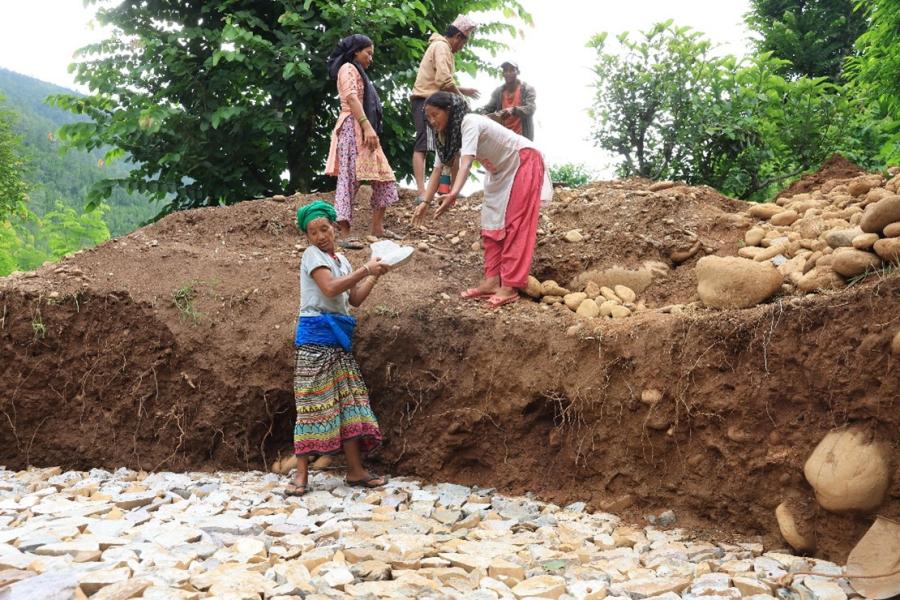
In response to these risks, a new water supply project was established under the Joint Recovery Action Plan (JRAP). JRAP was launched in 2024 by the National Disaster Risk Reduction and Management Authority (NDRRMA), in partnership with United Nations Nepal and with the generous support of the UK’s Foreign, Commonwealth and Development Office (FCDO). This joint programme is being implemented by four UN agencies – IOM, UNFPA, UNICEF, and WFP – under the leadership of the UN Resident Coordinator’s Office.
And so, under JRAP, UNICEF and local partners have initiated the Tallo Rimna Lifting Water Supply Project, with the objective of restoring reliable access to clean water for all 70 households and improving their living conditions. As per the plan, a deep boring well will be dug in the bed of the Bheri River, and water pumped up into a reservoir tank, from where it will piped to all homes in the village. The materials for the project have already been bought, and the project is expected to be completed within a few months’ time. Significant progress has already been made, with digging for the reservoir tank well underway.
Gaumati Rana, the treasurer of the water users' committee set up with project support to ensure sustainability, expresses the sense of hope she feels: "Having the project start makes me feel happy from the heart because I know it will not only serve our multiple needs for water but also improve our health."
For sustainability, the project includes training locals in repair and maintenance to ensure the long-term functionality of the water supply system. Additionally, sanitation and safe water awareness sessions will also be carried out.
The Tallo Rimna Lift Water Supply Project is thus expected to do more than restore clean water; it will help the community recover from the earthquake. Children will be able to attend school without delays, health risks will decrease, and the burden on women will lighten. As Gaumati puts it simply, “We feel more positive now.”






